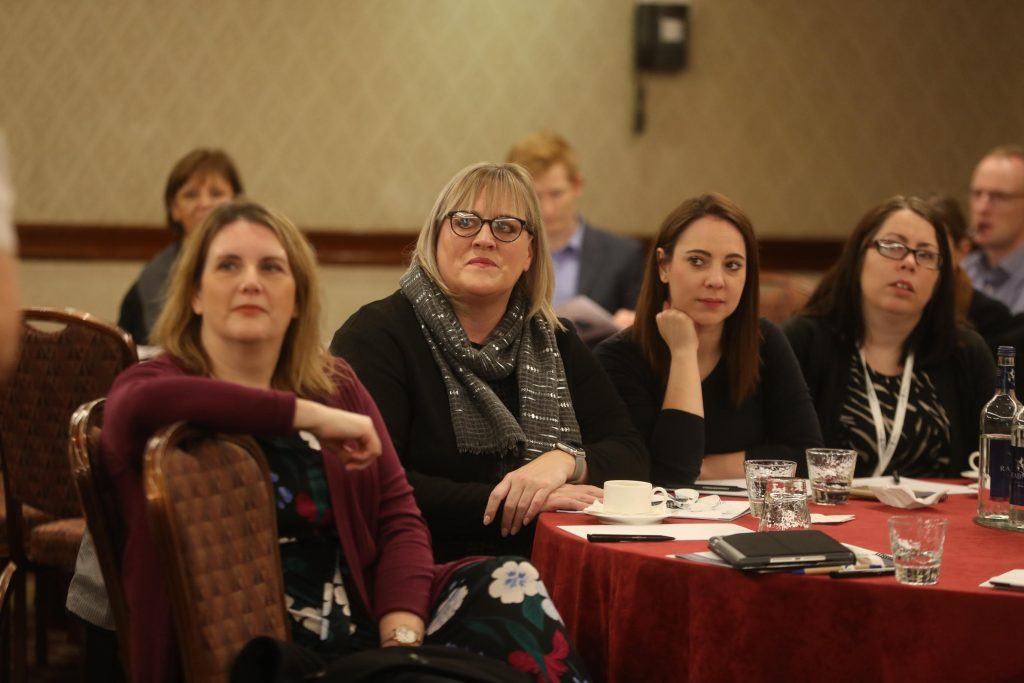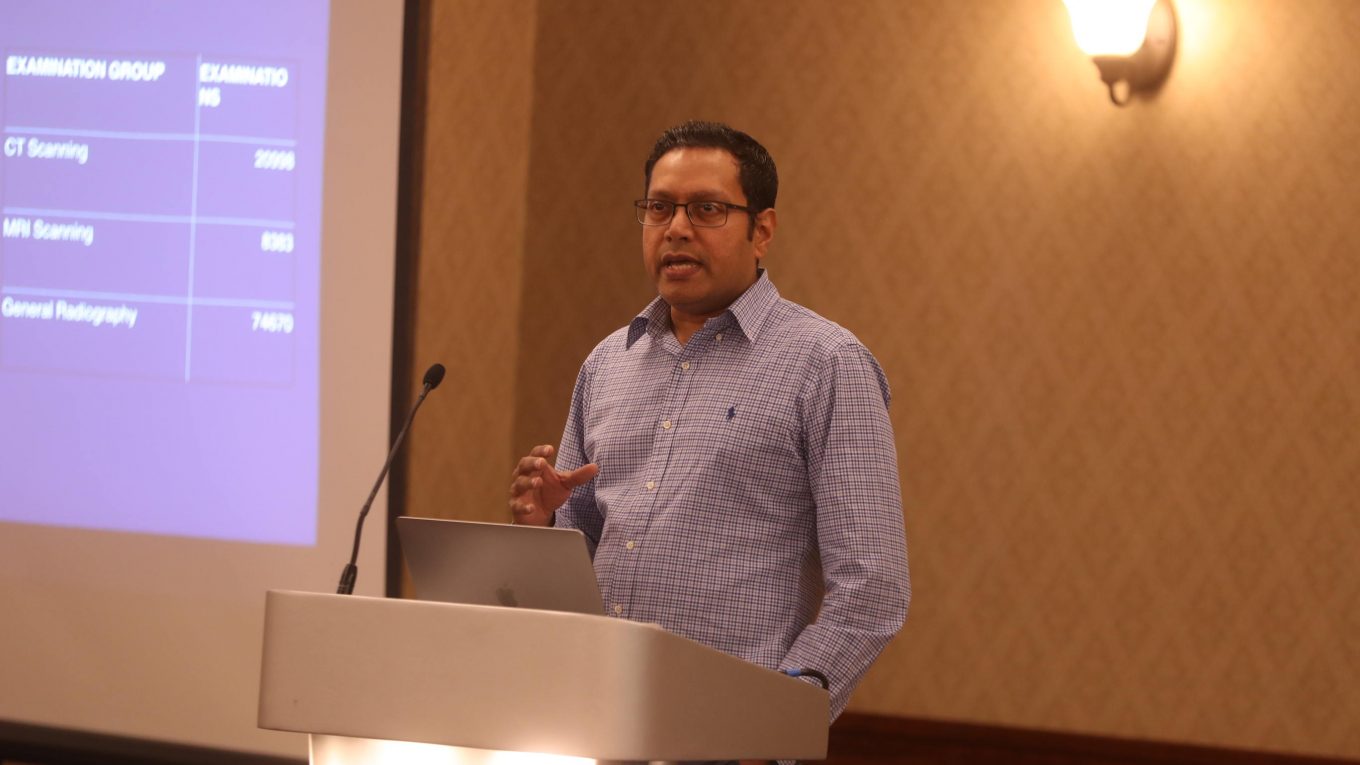The Cancer Diagnostics Cymru masterclass – Dr Balan Palaniappan
Dr Balan Palaniappan – Clinical Lead for Cancer in Cwm Taf Morgannwg UHB, tells us about his involvement with Improvement Cymru and looks to the future of his work
I love a metaphor. Who doesn’t? They communicate so much. In the last twelve months our friends in Improvement Cymru have worked alongside us in Radiology in Cwm Taf Morgannwg UHB as we think about how we streamline our services and care pathways to deliver the Single Cancer Pathway. If you like, they have lent their shoulders against the wheel and helped us push forward with our work.
However, whenever Improvement Cymru come and work with us there is always a risk that I will find an email waiting asking me to speak at an event they are running…
In February, I spoke at the Single Cancer Pathway workshop focused on diagnostics and the need for pace and flow within our department. Since then, we’ve been looking at the flow and co-ordination of all our work in Radiology in the Royal Glamorgan. The team in Improvement Cymru have helped us to see the scale of our challenge. How do we ensure a prompt, high quality, diagnostics service, not just for suspected cancer patients but for everyone who is referred to Radiology? Demand is increasing, and we are doing our best to meet that need. We have been working hard looking at our processes, visiting other hospitals in the UK, challenging ourselves to think about how we work differently, and also to be ever mindful that every patient deserves the highest quality of service.
The recent publication of national optimal pathways of the most common cancers in Wales, highlights how important the diagnostics service is throughout the care pathway in both helping to diagnose and stage cancer, but also in helping determine if a patient has cancer or not.
In November I was invited to speak at the Cancer Diagnostics Cymru masterclass at the Improvement Cymru conference.
Using a Radiology example, this workshop explored the flow of work within a department. Patient flow is reliant on numerous processes that need to work efficiently and reliably. I presented a case study from my health board showing the impact of increase in demand on the diagnostics department, the issues with pathways hitting breaches and incidents arising.
The problem we are discovering is that all that demand arrives in our department at different times and we have built a myriad of processes to deal with this. We have carved out capacity, subspecialised and outsourced. From the outside looking in you could almost imagine all this demand looks like a huge food blender. Now, we are asking ourselves, is there a better way to meet the needs of our patients? From a cancer perspective, more than 50% of cancers are identified through routine referral pathways, rather than urgent suspected cancer routes. Yet we organise ourselves to prioritise patients who we suspect have a cancer. It’s important that if someone doesn’t have cancer we give them that assurance as soon as possible; but surely the gold standard is that all patients who need a scan – regardless of urgency, get their imaging completed and reported rapidly.
It was encouraging to hear about the future plans for the Cancer Diagnostics programme:
- Supporting changes and improvements in the flow of cancer patients through the pathway, highlighting focus on the diagnostics area, and the drive to support organisations across Wales,
- Creating and supporting a national conversation in aligning with the new delivery framework by offering the opportunity to stimulate how the programme can support teams / Health Boards to gain greater understanding of the way they work; and
- Identifying areas which if improved could achieve the overall aim of increasing the number of patients who complete their diagnostic investigations within 28 days, from the date that a cancer is suspected.
The masterclass was seen as just the start of the journey for improvement within our area across Wales, seeing the representation of different Health Boards sharing their issues, their ideas and their drive for change was a powerful force to experience. Working with Improvement Cymru to help us learn before we redesign and start interventions.

As part of our work with Improvement Cymru we are looking to the future of up-skilling our staff with improvement knowledge and methodology, empowering our staff members to see the system as it works, encouraging them to make small tests of change and putting the patient in the centre of our goals, showing that together we can make changes in improvement of our systems to benefit the people of Wales that we care for.
So at this point there are plenty of metaphors to offer you: ‘We are on a journey’, ‘With a Little Help from Our Friends’, perhaps even from High School Musical – ‘We’re all in this together’.

